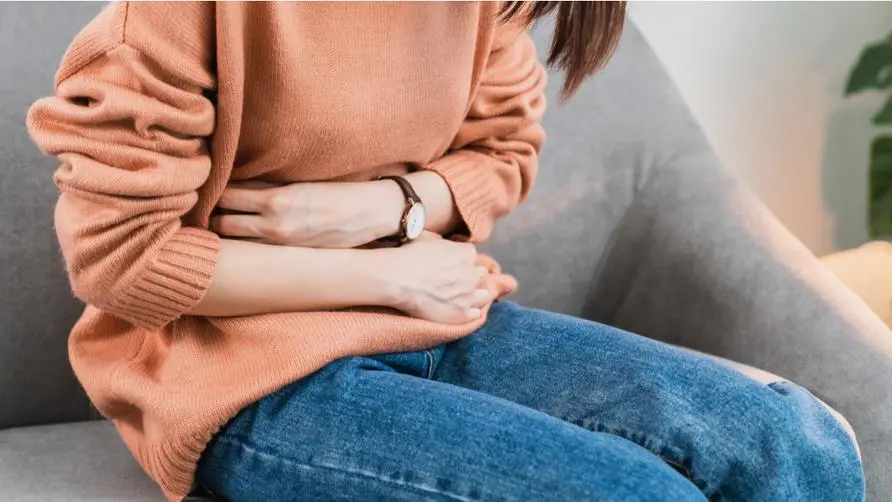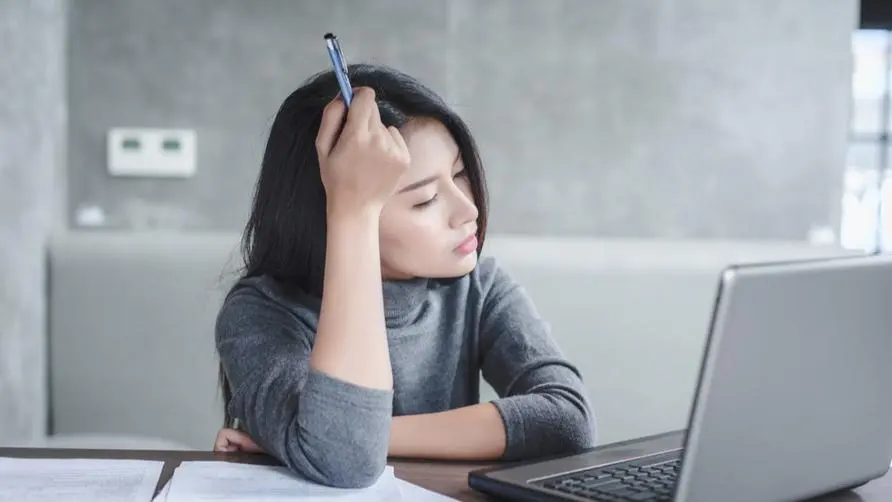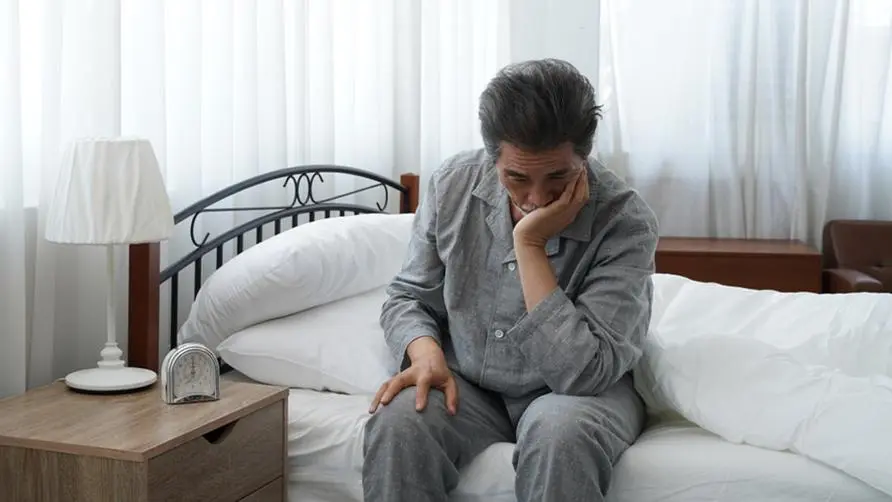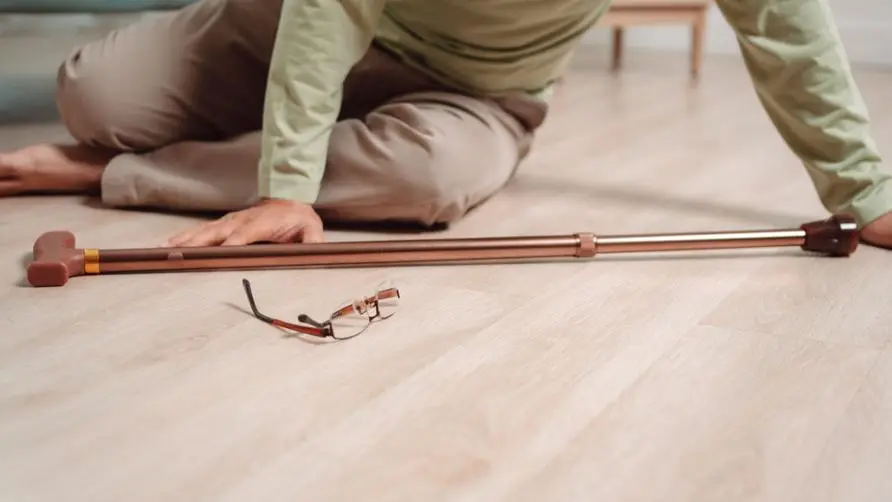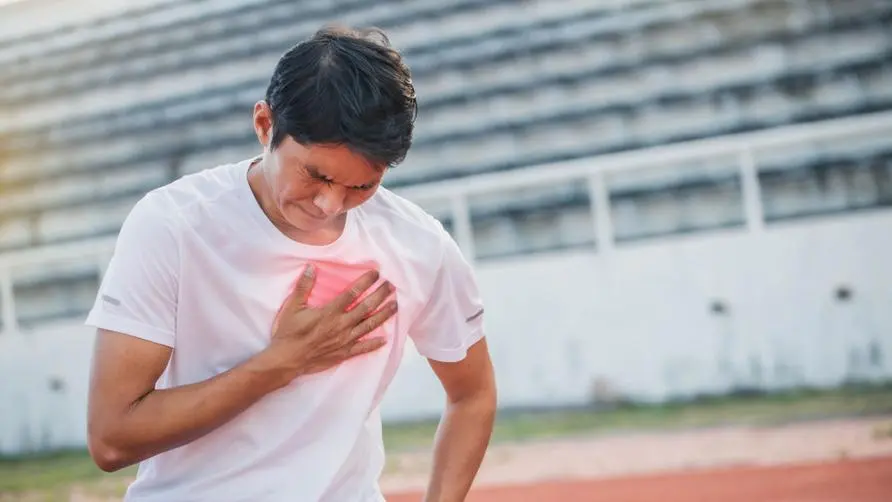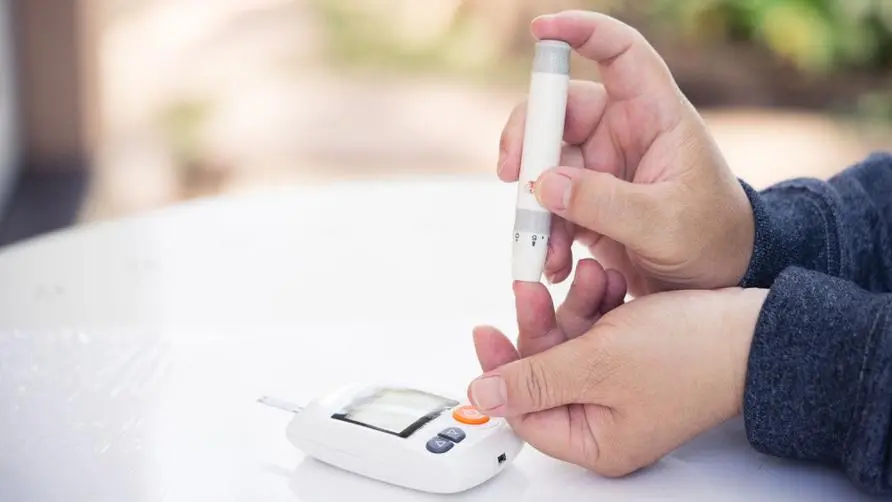Could running to the toilet in the middle of the night to urinate be the cause of heart disease, diabetes and sleep apnea?
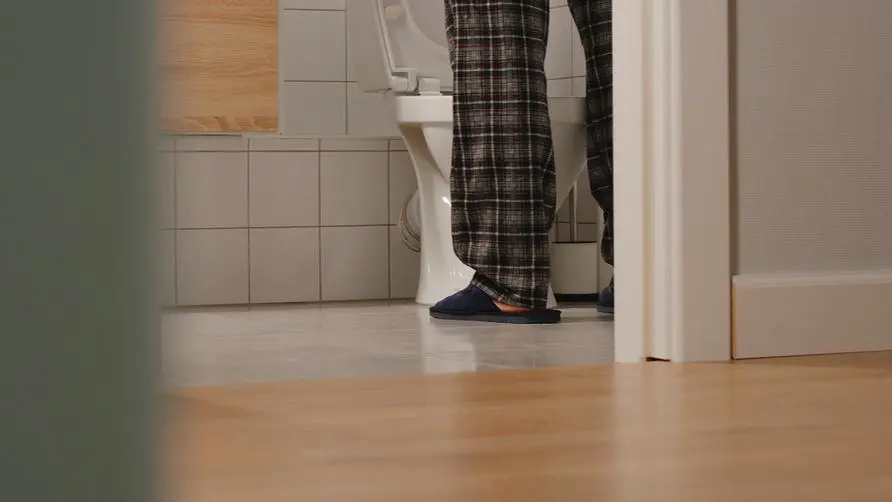
It’s not just drinking too much water! Are diabetes, heart disease and nocturnal polyuria related?
The urge to urinate frequently in the middle of the night interrupts your sleep. Are you worried about potential health problems? Cai Shuwei, an attending physician at the Department of Urology at Cathay General Hospital, said in an interview that nocturnal polyuria is related to various reasons. Some patients produce more urine at night, which may be due to hormonal imbalance (decreased antidiuretic hormone) or decreased male hormones (resulting in a decrease in antidiuretic hormone). In addition, drinking too much water during the day accumulates in the lower body. After returning to the heart and kidneys, urine output increases.
The second main reason is the decline in bladder storage function, such as prostate hypertrophy in men, neurogenic bladder in women (caused by degeneration or decreased female hormones), overactive bladder and other problems, which may cause the elasticity and function of the bladder to deteriorate, affecting urine Storage capacity.
In addition, it may also be related to the patient’s own medical disease. For example, people with diabetes tend to urinate more. If people with cardiovascular disease walk too much during the day, the blood will accumulate in the lower body and only return to the heart and be metabolized by the kidneys when they lie down at night, resulting in the need to get up in the middle of the night to urinate.
There is also a group of people with nocturnal urination related to sleep disorders, such as “sleep apnea” caused by nasal structural problems or obesity, which can cause respiratory obstruction in the middle of the night and wake up with the urge to urinate. Such patients may not only face nocturia problems, but may also increase the risk of heart disease, so special attention must be paid.
Is excessive urination at night important? Increased risk of falls, fractures, and cerebral hemorrhage
Dr. Cai Shuwei said that “antidiuretic hormone” secreted by the brain has the effect of concentrating urine. Under normal circumstances, concentration of urine at night can avoid sleep disruption. When you get older, suffer from sleep apnea or the decline in hormones during menopause, the normal secretion of antidiuretic hormone will be affected, resulting in increased urine at night and the need to get up to urinate.
Dr. Cai Shuwei pointed out that if the amount of urine produced at night is more than 30% greater than that during the day, it is a case of nocturnal polyuria. It is especially important to remind the elderly that if excessive urination at night is not treated, in addition to affecting the spirit, some studies have pointed out that it may easily increase the risk of falls, fractures, brain injuries and cerebral hemorrhage.
Adults generally should not ignore nocturnal polyuria. Dr. Cai Shuwei said that nocturnal polyuria may be caused by systemic metabolic diseases, heart disease, diabetes or sleep apnea. If these diseases are not detected in time, they will not only affect physical health, but may also cause Potentially life-threatening.
How is nocturnal polyuria treated? Medical Reminder 4 Lifestyle and Health Habits
Dr. Cai Shuwei explained that nocturnal polyuria may not be a single urinary system disease, and the patient will first be asked about the relevant medical history. If it is simple nocturnal polyuria, oral antidiuretic hormone drugs can be given to improve sleep. If you are a man and have benign prostatic hypertrophy, you may be given prostate and overactive bladder medications to treat it.
At the same time, patients should also be evaluated for diabetes and heart disease. When you suffer from sleep apnea such as snoring or snoring, it is recommended to receive respiratory-related treatment to also improve the root cause of nocturnal polyuria. The public is urged to seek medical advice from a urology specialist as soon as possible if they notice nocturnal polyuria to check for potential problems and receive appropriate treatment to improve their quality of life.
Regarding lifestyle habits related to nocturnal polyuria, Dr. Cai Shuwei recommends that you try not to drink water 4-6 hours after dinner, empty your urine before going to bed, and avoid ingesting caffeinated drinks. If you have heart problems and are prone to edema in your lower limbs during the day, you can wear elastic stockings to help circulation, or rest and lie down at noon to allow water to return to the heart first, reducing the return of water in the lower limbs at night and causing the urge to urinate.
As for those with “overactive bladder”, since they are sensitive to temperature, they should keep warm when the weather gets cold to reduce irritation to the bladder. Excessive drinking at night, especially beer, is more likely to have a diuretic effect and may also cause nocturnal polyuria, so you should pay more attention to it in daily life.
Further reading:
Is your vagina often tight, urinating frequently, or uncomfortable? Is “perineal pain” at fault?
